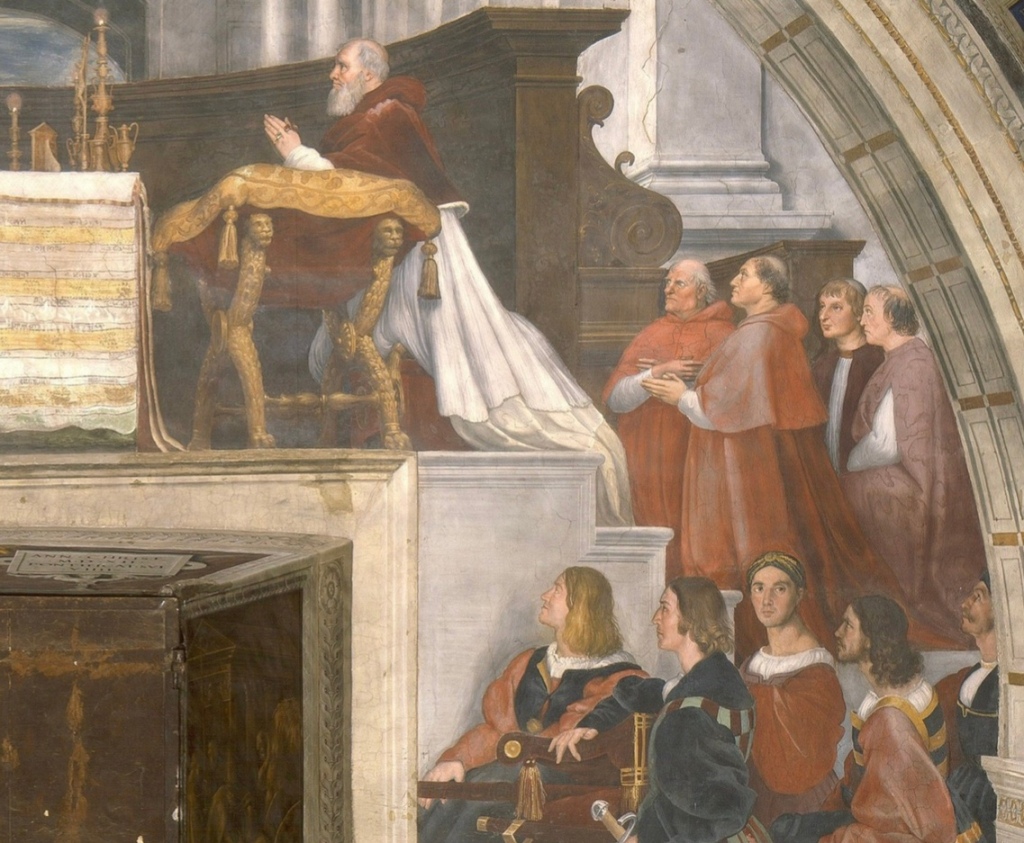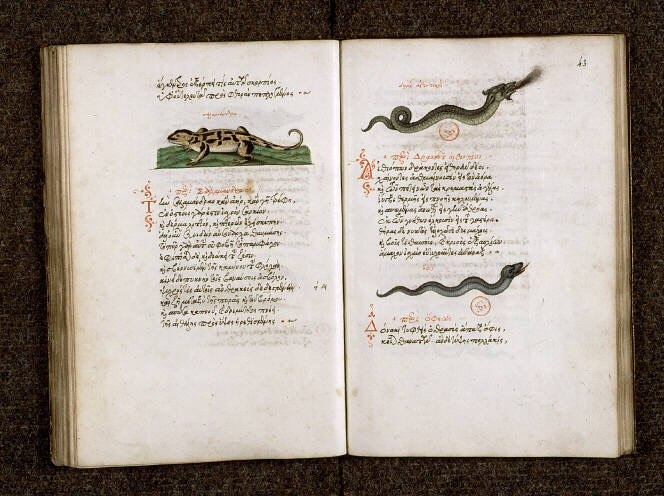
Most of us who move in the circles of Anglicans, Lutherans, or Presbyterians-with-robes have probably heard the etymological claim in a sermon or read it in a blog post: “Liturgy means ‘the work of the people.’”
It’s a well-intentioned idea, and I am deeply appreciative of the ministry of the brothers who say it. It is intended to exhort a congregation to sing with gusto, recite the creeds, say prayers aloud, and add their loud “Amen” to the prayers offered by others. And we are all in favor of these things. We are glad for the Reformation’s restoration of the church’s singing to the congregation rather than leaving it the preserve of special choirs. But alas, the etymology is no good.
The term leitourgia occurs in the first epistle of Clement. Written around AD 96 at the latest, it urges the church in Corinth to reinstate the presbyters whom they had deposed—some of whom were also referred to by the title of their office, namely episkopos. These presbyters are said to “have ministered (leitourgēsantas) blamelessly to the flock of Christ with humility of mind, peacefully and not stingily, and have been attested by all for a long time—these we do not deem to be justly cast out of their ministry (leitourgia). (§44) Note the phrase “not stingily.” Clement uses this adverb because the leitourgia in question involved providing money for others.
What others? Another early Christian document gives us a clue with its similar concern about money. The Didache urges that bishops and deacons must be “meek, and not lovers of money, and truthful and proved; for they also leitourgousi to you the leitourgia of prophets and teachers” (15) This last phrase should not be understood to mean that the bishops do the job of the prophets and teachers, but that they underwrite those jobs, making possible the ministry of others by financial support — that is the meaning of the Greek verb leitourgeo. Yes, λειτουργία comes from ἔργον, work and λάος, people. But in classical Greece, say, 5th century Athens, a leitourgia was not a work done by the people, but a public work done for the people—such as sponsoring the construction of warships, or fielding chariots and horses in the Olympic games, as Alcibiades is said to have done. The historian Alistair Stewart comments further:
I may suggest that the leitourgia of the bishops and deacons was a public office undertaken at one’s own expense; thus, the term “liturgize” is here likewise used in its ancient sense: the bishops provide financial support for the teachers and prophets and enable them to carry out their ministry. The term in this sense and the institution of leitourgiai were still very much current in the first centuries of the Common Era. This may be illustrated both from literature and from papyri. Thus, P.Oxy. 1119 is concerned with the leitourgia of tax collection, P.Oxy 1412 uses the term leitourgēmata for public responsibilities, P.Oxy. 82 concerns a fair and even distribution of public works, termed “liturgies,” and P.Gr.Vind. 25824 is a journal discussing the dealings of prefects under Trajan with those in Egypt whose liturgy particularly involved the supply of grain. In the second century Dio Chrysostom frequently refers to leitourgiai as the responsibility of wealthy citizens, and Strabo, in describing the system of relief for the poor at Rhodes, states that the provision of food for the poor was considered a leitourgia.
A. Stewart, The Original Bishops (Baker, 2015), 61.
Thus, the bishops and deacons are depicted in the Didache as sponsoring, in the name of the whole church, the ministries of prophets and teachers; likewise, welcoming and sending traveling missionaries; providing the eucharist, etc.
Of course, in our day, the term “liturgy” no longer means the same thing it did in the first two centuries AD. Now it denotes the formal order of service with its sung responses, public prayers, and sequence of liturgical actions. And yes, it it good for the congregation to do these things rather than just watch the chancel-prancers in robes. But as an etymology, “liturgy means the work of the people” simply isn’t accurate. I hope that well-meaning pastors can stop saying it, and find a better argument to encourage their congregations to participate in the liturgy.








